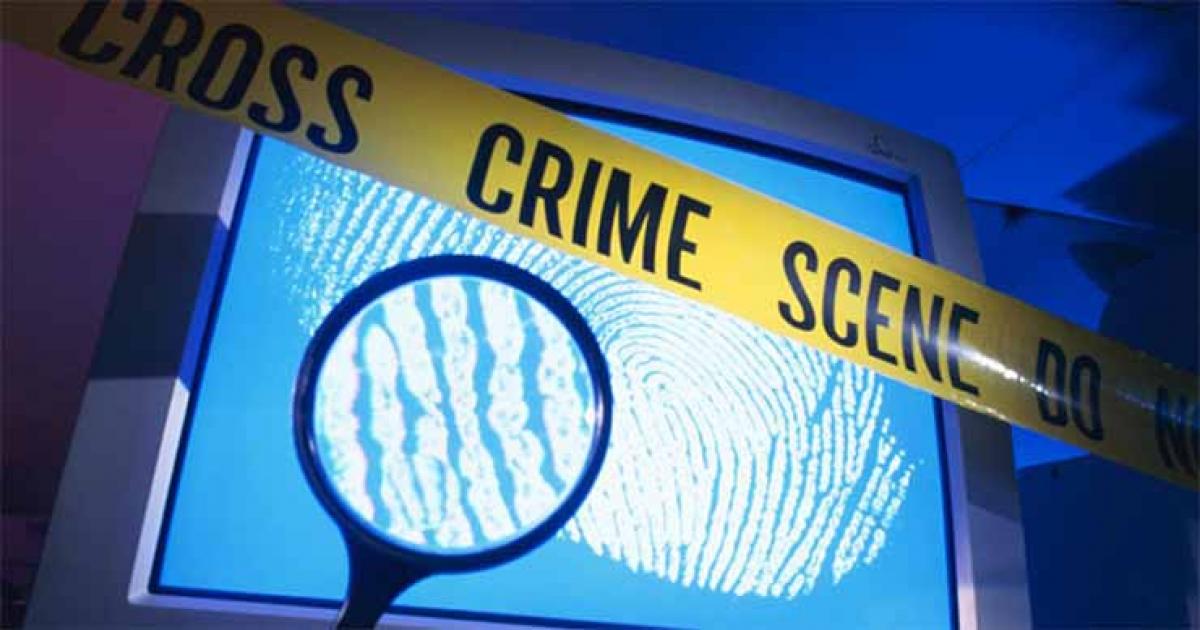Live
- 18 Palestinians killed in Israeli attacks across Gaza
- Grand Durga Mata and Dasara Celebrations in Palem
- Farmers squat on railway tracks, national highways in Punjab over 'tardy' paddy procurement
- Punjab Police book 18 more travel agencies for fraudulent employment opportunities
- Maharashtra in peril, time for people to eject MahaYuti from power: MVA
- HP CM seeks green energy investments from Canadian diaspora
- CM Revanth Stresses Alai Balai’s Role in Preserving Telangana Traditions
- Odisha plans free ‘mahaprasad’ for Puri temple devotees
- UP: Several detained as Mahapanchayat ends in Ghaziabad
- Mallikarjun Kharge's son gives up 'ownership' of land amid MUDA row
Just In

Forensic scientists need training in both law enforcement and science. Some prepare by obtaining degrees that focus on criminal investigation, while others pursue a science degree supplemented by legal training. Educational requirements vary widely by employer, with some smaller law enforcement agencies adopting more lenient requirements and allowing a significant amount of on-the-job training.
Forensic scientists need training in both law enforcement and science. Some prepare by obtaining degrees that focus on criminal investigation, while others pursue a science degree supplemented by legal training. Educational requirements vary widely by employer, with some smaller law enforcement agencies adopting more lenient requirements and allowing a significant amount of on-the-job training.
Science
Forensic scientists who work in labs analysing evidence and samples need a degree in the scientific discipline in which they specialise. For example, someone who performs DNA testing needs a biology degree, while someone who conducts testing on trace evidence such as fiber or hair samples needs a degree in chemistry. Chemistry is the overall major for aspiring forensic scientists, adding that students should take elective courses related to the field they wish to specialise in. A forensic scientist specialising in DNA testing should supplement a biology degree with courses in genetics and biochemistry.
.jpg)
Forensic Investigation
Many universities offer undergraduate and graduate degree programmes in forensic investigation or forensic science. While not a requirement for a forensic science career, these programmes help students understand how to apply a scientific discipline such as chemistry or biology to the legal field. For example, students learn how to present evidence in court. The students need to gain a thorough understanding of basic scientific principles, followed by a graduate degree in forensics to prepare them for working within the legal system.
Criminal Justice
Forensic scientists who work primarily in the field use both science and criminal investigation techniques, and need a degree that provides a solid grounding in law enforcement. Crime scene examiners often have a degree in criminal justice with additional course work in science, or a degree in natural science with additional study in crime scene processing or law enforcement. Some crime scene examiners start out as uniformed police officers, obtaining their initial education and training at the police academy.
Engineering
Some forensic scientists specialise in investigating traffic or other transportation-related accidents, fires, structure collapses, injuries and other non-violent incidents. For example, if someone dies in an electrical fire, they may reconstruct the accident to determine how it started. In a civil court case, they may also determine who is at fault, such as the manufacturer of a faulty appliance. These specialists, called forensic engineers, need an engineering degree in a field such as electrical engineering, mechanical engineering, civil engineering, materials engineering or traffic engineering.
Courses that one may focus on during graduate level education include:
- Crime scenes
- Physical evidence
- Ballistics
- Law/science interface
- Trace evidence
- Handwriting
- Toolmark analysis
- DNA analysis
- Veterinary medicine
- Fingerprints
- Ethics
- Explosives
- Sculpting/Reconstruction
- Fibers, hairs, glass, debris, etc.
- Quality assurance
- Research
- Laboratory work and experience with equipment

© 2024 Hyderabad Media House Limited/The Hans India. All rights reserved. Powered by hocalwire.com







